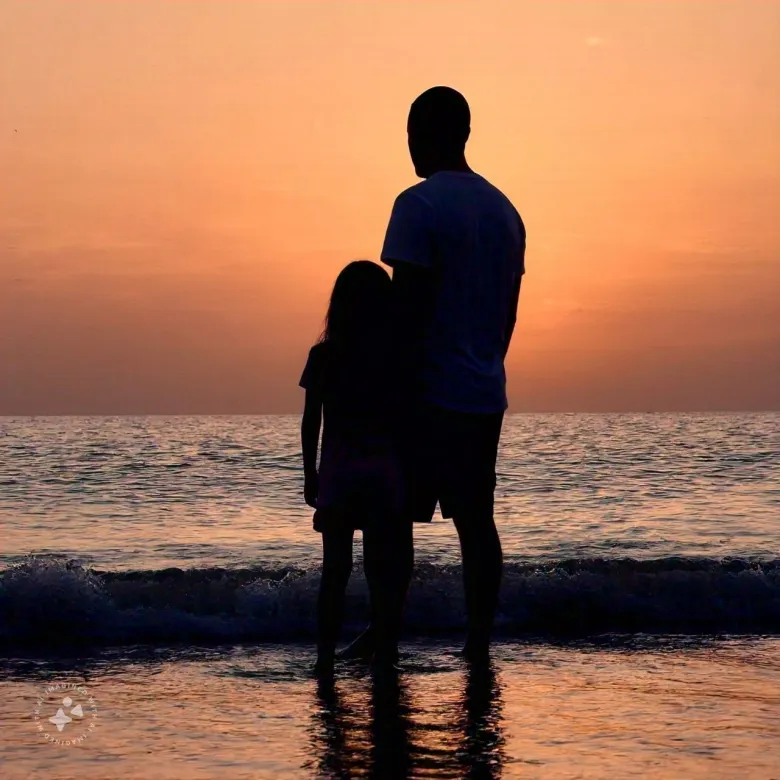At ten years old, Clara stood on the rocky beach, clutching a lifeguard’s raincoat. Somewhere beyond the roaring waves, her mother’s laughter had disappeared forever, lost to a riptide that stole her life.
The sea became Clara’s enemy.
Her father, a fisherman, tried to coax her back to the water. “The sea isn’t cruel,” he said gently. “It’s just wild, like you.” But Clara couldn’t see its beauty—only its danger.
One rainy evening, while rummaging in the attic, Clara found her mother’s journal. The pages were water-stained, but her mother’s delicate handwriting was still intact:
“The sea doesn’t take; it carries. It holds our fears and dreams alike.”
Clara slammed the book shut, tears burning her eyes. How could her mother have loved something so treacherous?
The journal, however, became impossible to ignore. Over time, Clara read more of its entries—notes about picking shells, sunsets over the waves, and deeper musings:
“The sea isn’t to be conquered but trusted. To face it, you must let it hold you.”
Meanwhile, her father restored an old rowboat, its blue paint chipped and hull weathered. One evening, he offered Clara a life jacket. “Come with me,” he said.
Clara hesitated, but curiosity pulled her forward. She climbed into the boat, gripping the edges tightly as her father rowed into the calm shallows.
“Close your eyes,” he said.
“No,” she whispered.
“Just listen.”
Clara obeyed, her heart pounding as the boat rocked beneath her. Slowly, she heard the sea’s rhythm—not a roar, but a whisper, steady and soothing. Tentatively, she opened her eyes and saw the horizon bathed in gold and pink.
For the first time, the sea didn’t feel like a monster. It felt like a memory.
The next day, Clara asked her father to take her out again. This time, she let her fingers trail in the water, imagining her mother’s touch in the cool waves.
By the end of summer, Clara could row the boat herself. Her fear had been replaced by wonder as she learned to read the tides and respect the sea’s power.
On the anniversary of her mother’s passing, Clara and her father rowed out at sunset. She carried the journal and a single flower. Standing at the boat’s edge, she whispered, “I’m not afraid anymore mom.”
She let the flower drift into the waves, watching it float away.
As the boat swayed gently, Clara felt peace. The sea no longer seemed like a thief. It was a cradle, carrying her mother’s memory to the horizon and back.








